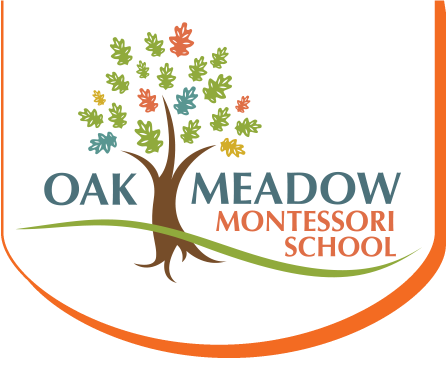The first hard freeze of the season arrived at Red Gate farm in Ashfield, MA this week as our middle school students slept under cozy blankets in unheated, wood cabins. Work on the farm begins at 6:30 a.m., with feeding chickens, pigs, goats, sheep, rams, oxen, and other animals. On the farm, animals eat first, and after the humans enjoy breakfast, there are other chores to be completed, including cleaning the barns and animal habitats and tending to the gardens.

Developing deeper respect for farm animals
It’s quite a culture shock for our middle schoolers–and not just in doing farm chores. There is only one community sink, located outside near the cabins, shared by all of the students and adults. Next to the sink are two outhouses, and if you need to use the bathroom in the middle of the night, you may have to venture outside in freezing temperatures.
I stopped by Red Gate Farm this week, to check in on the students. Life on the farm is quite an adjustment for students who are used to spacious homes, cozy bedrooms, lots of entertainment (no technology allowed at Red Gate Farm), and comfortable facilities. So how were the students surviving? What surprised me is that the students weren’t just adapting, they were thriving in this new setting, embracing a way of life that exists in stark contrast with their familiar suburban routines. “I didn’t know how I was going to survive without my cell phone,” one student told me, “but now that I’ve been here, I love it because working with the animals and gardens has been so interesting and engaging.”

Taking a class on preserving peaches
“This experience is not really about farming,” says Ben Murray, the Farm Director. “This experience is primarily about teaching values like respect, kindness, hard work, and responsibility. These qualities are essential to leadership, and students learn about these values through experiences and perspectives here on the farm that they will not get in traditional classrooms.” One of the students echoed this sentiment when she told me, “After working with these animals, caring for the gardens, and sharing in the responsibility for the welfare of everyone living on the farm, I have a better idea of what ‘respect’ and ‘sustainability’ really mean. These aren’t just words to me anymore.”

Learning how to walk an ox
After breakfast, students have a variety of chores to do–working in the gardens, weeding invasive species, chopping wood, baking, beekeeping, and others. In the afternoon, students can sign up for a specific elective that interests them, like learning how to walk an Ox, canning peaches for the winter, working with the blacksmith, or working on art projects while sitting with the pigs.
Life at Red Gate Farm isn’t all work. There’s also time for leisure–doing something independently, going for a walk, or sitting with a group reflecting on what’s been learned. I sat in the tall grass with one group of students reflecting on their accomplishments over the last two days. Some of their reflections included: “I learned how to walk an ox,” “I held onto both horns of an ox at the same time, and I wasn’t afraid,” “I saw more stars at night than I ever knew existed”.
The immersive experience at Red Gate Farm is integral to the curriculum in middle school this year, with students reading the book “Omnivore’s Dilemma” to learn about the impact of the industrial revolution on food production and consumption today, and explore food options that are more sustainable and eco-friendly.





